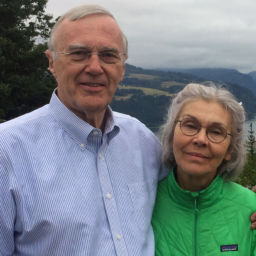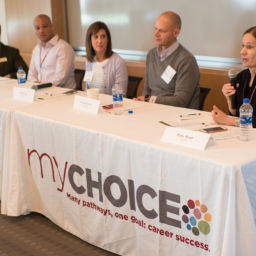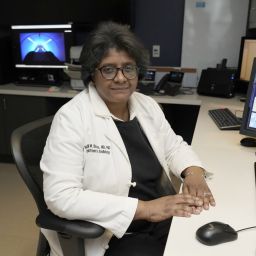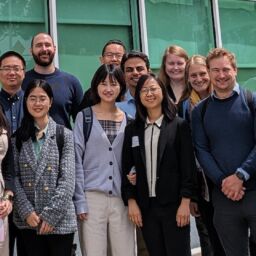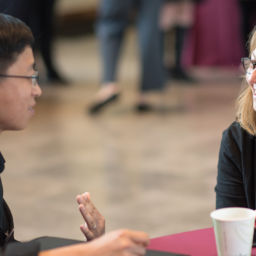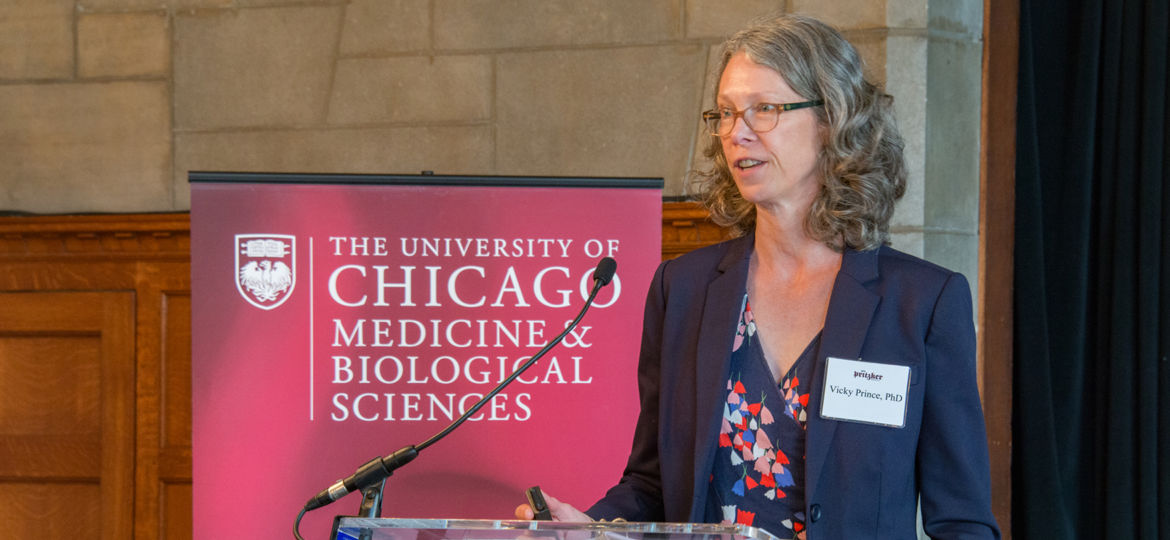
Victoria Prince, PhD, dean and director of the Office of Graduate Affairs in the Division of the Biological Sciences, is looking forward to 2019. She shared her top three goals for the BSD this year and ways for alumni to help reach them.
Sustain myCHOICE
The non-renewable NIH grant funding of the myCHOICE program will come to an end in September 2019. Over the past 4.5 years, the myCHOICE career and professional development program has become indispensable to our trainees. myCHOICE exposes trainees to, and prepares them for, the full array of exciting careers for which their pre- or postdoctoral training at the University of Chicago has prepared them. Sustaining the program will continue to attract the strongest students to our programs and prepare those students for future success in both academic and non-academic careers.
Alumni can help by donating toward the cost of staffing and supporting the program, or by volunteering to interact with our trainees in a wide variety of ways, including providing informational interviews, visiting campus to participate in our myCHOICE seminars and symposia, or by opening their workplace to one of our “myCHOICE treks” outside Chicago.
Sustain the QBio@MBL bootcamp
In September 2019, we will host our fifth annual Quantitative Biology Bootcamp (QBio@MBL) for incoming graduate students at the Marine Biological Laboratory. This fall will be the third and final year in which the program is supported through a National Sciences Foundation “Innovations in Graduate Education” Award. We are now seeking financial support to maintain this program into future years.
QBio@MBL provides ~90 students—the entire incoming class—with a high-intensity start to graduate student life through an immersive weeklong residential course in open source language R. The students learn to use their new computational skills to analyze real-world, large data sets and, importantly, to do so in a rigorous and reproducible manner. They also gain exposure to the MBL’s unique research and resources, planting the seed for future research collaborations.
Additionally, the students work in interdisciplinary teams that extend across our diverse graduate programs, providing peer mentoring relationships that persist throughout graduate school, and opening up collaborative opportunities for the future. QBio@MBL helps us to recruit the strongest students, start their training in a positive and supportive environment, and provide them with essential tools for their future. As biology relies ever more upon large data sets, from personalized genomes to environmental records, these skills become increasingly indispensable in both academic research and industry.
Champion justice and equity initiatives
The BSD Graduate Diversity Committee (the BDC), under the new leadership of Drs. Eileen Dolan and Adam Hammond, has recently been reinvented as a central coordinating entity for all efforts that enhance diversity, inclusion, equity, and justice across our graduate programs. These efforts improve our research by encouraging diverse approaches and ensuring equal access to education for different groups. The committee combines students, staff, and faculty who have a strong commitment to these endeavors. Members of the group are encouraged to bring forward ideas for new initiatives, and alumni can support these efforts by providing philanthropic support for these projects, or in some cases, by volunteering their time.
A recent example is the establishment of the new Ernest Everett Just Room to celebrate the life and achievements of one of our first African American PhD researchers—E.E. Just, PhD 1916. A portrait of Just was commissioned and now hangs in the room as a tangible reminder of the continued importance of including researchers from all backgrounds. The portrait project was generously supported through a partnership between the University and donors.



